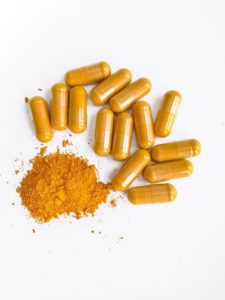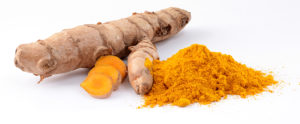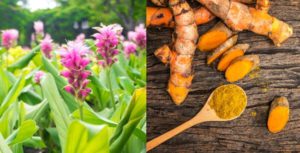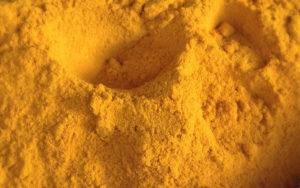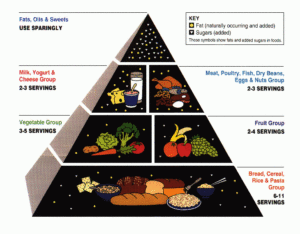
Many of us believe, because we’ve been told that a healthy diet includes a certain number of servings of fruits, vegetables, grains, dairy and protein, that these foods are all healthy for us. Research is coming up every day with new findings that debunk previous research. Have you noticed more recently that you hear more about food allergies, gluten or dairy intolerance for example?
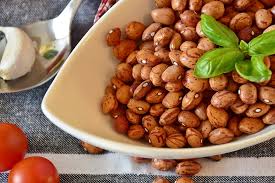
You may have noticed that certain foods you used to eat without any trouble just reap havoc on your body now, sometimes even making your body feel inflamed (pain, feeling bloated, gas, tired…) Even foods considered healthy can be problematic. Some healthy foods that are recommended by doctors , nutritionists, and the USDA may not be the Best Anti Inflammatory Foods. New evidence has shown that there’s a reason why some of these “healthy foods” are causing us so much trouble.
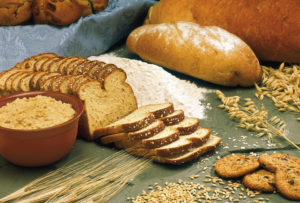
I used to always think that if it is a vegetable then of course its healthy. If its whole grain then it is absolutely healthy. Read on to find out the truth.
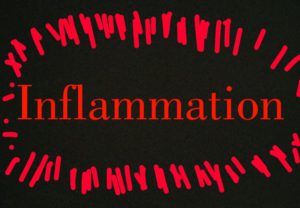 What is Inflammation?
What is Inflammation?
Inflammation is a process that occurs in response to irritants, harmful stimuli, pathogens and damaged cells (such as in an injury). Inflammation tries to protect tissues by triggering the immune system, blood vessels and other chemical processes in the body. When inflammation has gone on too long then it can cause damage to the body’s tissues. Usually we think of inflammation occurring in response to an injury, but there are other things that can trigger inflammation and one of those is food.
Not all vegetables are created equal
For one thing, farm lands have been over used for growing food, so soil is no longer nutrient rich. The vegetables of today no longer have the same nutrient value they once had, so supplementation is imperative in order for us to get the nutrition that our body requires to enable it to perform all of its physiological functions. This lack of nutrition often leads to over eating which of course can lead to obesity, an epidemic here in the states.

Then there is the topic of genetically modified food. This is a subject of great concern especially in an age where neurological disease and cancers have become more prevalent. These are foods, plants, animals, and microbes that have been genetically and artificially altered in a lab. Most food, if it isn’t labeled otherwise, is genetically modified. Evidence shows that GMO’s are harmful to health, the environment and violate farmer’s and consumer’s rights. Please check out this link to get the full scoop. https://www.nongmoproject.org/gmo-facts/
Some of the most recent research
In my constant search for finding that perfect diet to serve whatever purpose I need it to at the time, I came across a very informative book by Dr. Steven R. Gundry, a medical physician, cardiologist and cardiac surgeon called “The Plant Paradox.” It’s a great read whether you’re interested in the topic or not because Dr. Gundry is humorous, entertaining and definitely brilliant as he explains, in very user-friendly language the subject of food. He talks about the history of food and that food basically has an intelligence all its own that has existed since the beginning of time. He does not leave a stone un-turned as he helps his readers understand the true relationship between food and health.
He talks about things that are contrary to what we hold to be true about fruits and vegetables, grains and legumes. He explains what gluten free really is and how there are many other plant based foods that have the same type of properties that our bodies are resistant to and that have an inflammatory effect. These resistant plant proteins are called lectins. They are a defense mechanism of plants.
When you’re asked sometimes by your doctor or a friend, “How’s your diet?” You’ll say, “Oh its very healthy.” And you truly do believe that you are eating healthy because you eat your organic fruits, veggies, whole grains, nuts, beans, and unprocessed foods and yet you don’t feel as good as you could. Dr. Gundry explains the reason behind this.
Another wonderful thing about his book that I really like is that he explains what Non-steroidal anti-inflammatories do to the body as well as antibiotics, acid blockers aka antacids, artificial sweeteners, endocrine (hormone) disruptors, and many more .
My Experience
What I noticed while on my quest for eating healthy compared with times when I was not, is that without eating healthy, supplements alone did not fix my health issues. Also, eating healthy alone does not solve all of my health issues. I found it necessary to eat healthy and supplement to complete my nutrition.
The supplements work best when coupled with good food. For example, when I took salmon oil 4 times per day with meals, but ate too many of the wrong carbohydrates, sugary or starchy foods, and not enough protein, the Salmon oil didn’t seem to do much.
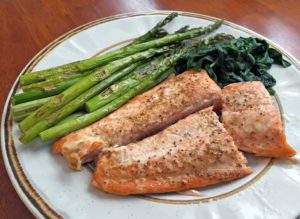
When I ate real clean, including veggies, the right kind and amount of carbohydrates, protein and good fats, the salmon oil supplement worked way better. How do I know this? Because when I’d go without the supplement while I was eating right, I could tell that it was lacking this nutrient (didn’t have the same benefits as with the supplement).
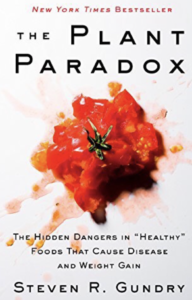 Here I will give a brief list of anti-inflammatory foods to get you started, and I highly recommend that you pick up Dr. Gundry’s book, “The Plant Paradox.” He has lists of the Best Anti Inflammatory Foods and the ones that are not. He has a truck load of research and experience as a doctor to back up everything he discusses in his book.
Here I will give a brief list of anti-inflammatory foods to get you started, and I highly recommend that you pick up Dr. Gundry’s book, “The Plant Paradox.” He has lists of the Best Anti Inflammatory Foods and the ones that are not. He has a truck load of research and experience as a doctor to back up everything he discusses in his book.
Say Yes To:
Olive Oil * Coconut Oil * Stevia * Walnuts * Pecans * Coconut flour * Almond flour * Onions * Leeks * Most Leafy greens * Avocado * Broccoli * Cauliflower * Brussels Sprouts * Asparagus * 4 oz Goat Milk Yogurt * 1 oz Goat Milk cheese * Pastured Poultry * Pastured Eggs * Grass Fed and Finished Meats * Any Wild Caught Fish * Plant Based Meats such as Quorn: Chik’n Tenders * Tempeh (grain free only) * Bread and Bagels made by Barely Bread * Wraps made with coconut flour * And Many More
Say No To:
Pasta * Rice * Potatoes * Bread * Wheat * Cereal * Peanuts * Sunflower Seeds * Soy Oil * Canola Oil * Vegetable Oil * Partially Hydrogenated Oil * Melon (any kind) * Goji Berries * Squash (any kind) * Tomato * Eggplant * All Peppers * All Legumes (including humus) * Peas * Green Beans * Milk * Yogurt * Cottage Cheese * Corn * Soy * And Many More
Please know that these are abbreviated lists of the “yes” and “no” foods. Check out Dr. Gundry’s book “The Plant Paradox,”for the full list of foods and prepare to have your mind blown, in a good way.
Conclusion
Bottom line is you are what you eat. If you are interested in restoring your health and feeling good with the time you have left here on this planet so that you can enjoy the beauty that’s around you, your family, your animals, or whatever it is you enjoy, then its important to make this change. If you put bad fuel in a car and don’t take care of it, it doesn’t run well and eventually breaks down. The human body is the same. What you put in is what you get out of it.
I wish you the best as you begin or continue your quest in eating the Best Anti-inflammatory foods. I would love to hear from you should you have any questions or comments in the comments section below.
In good health,
DrDina:)


